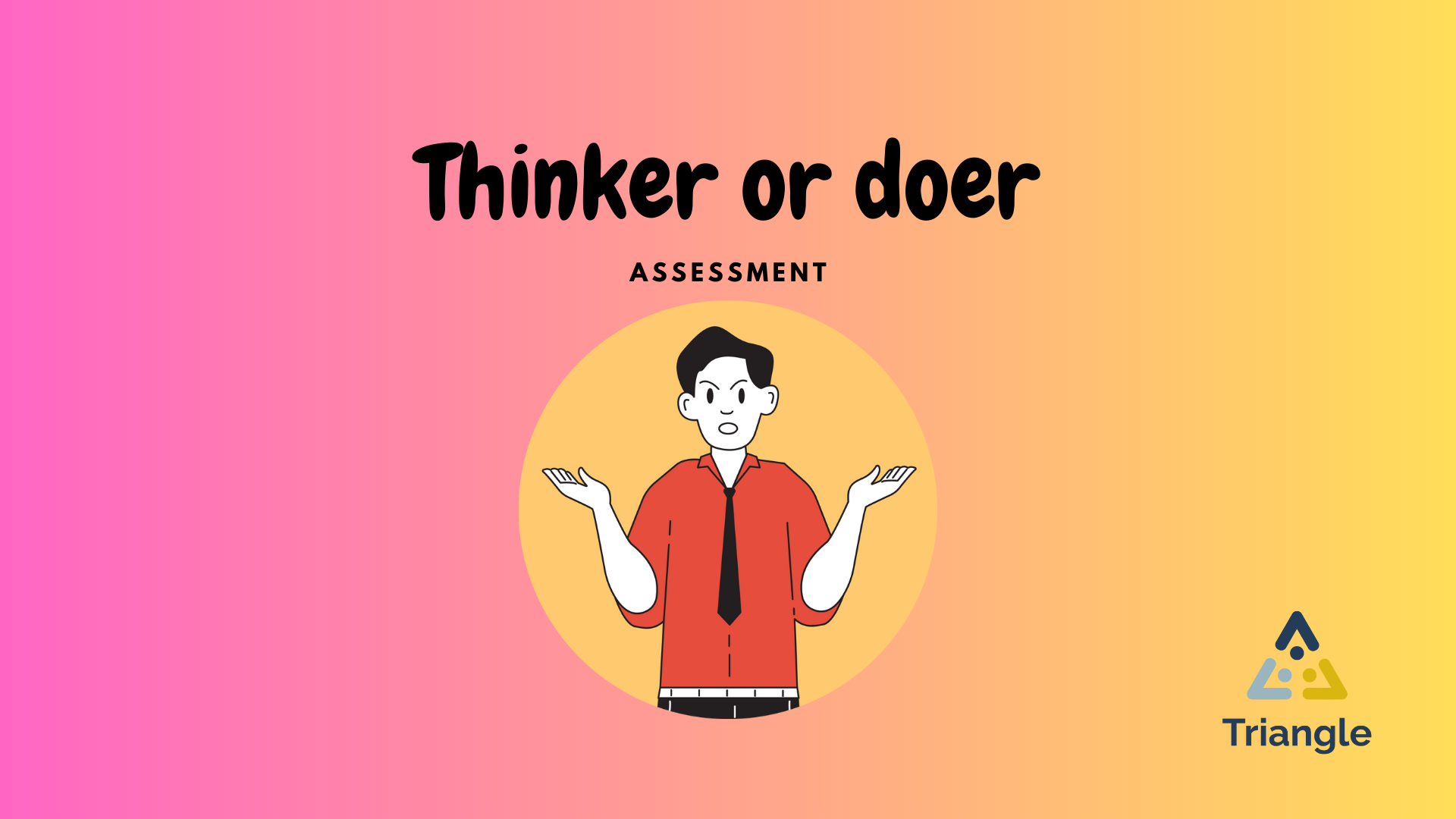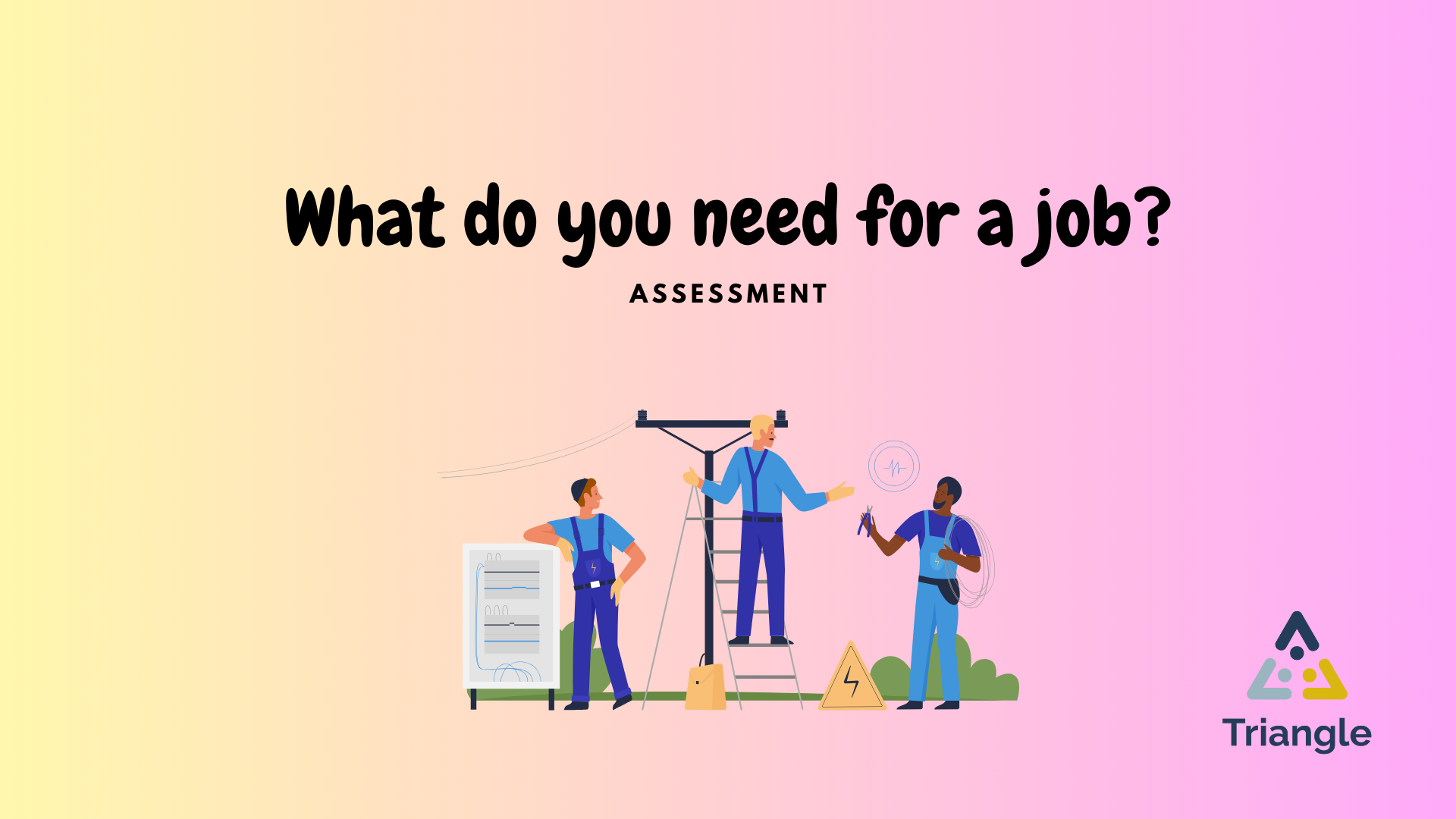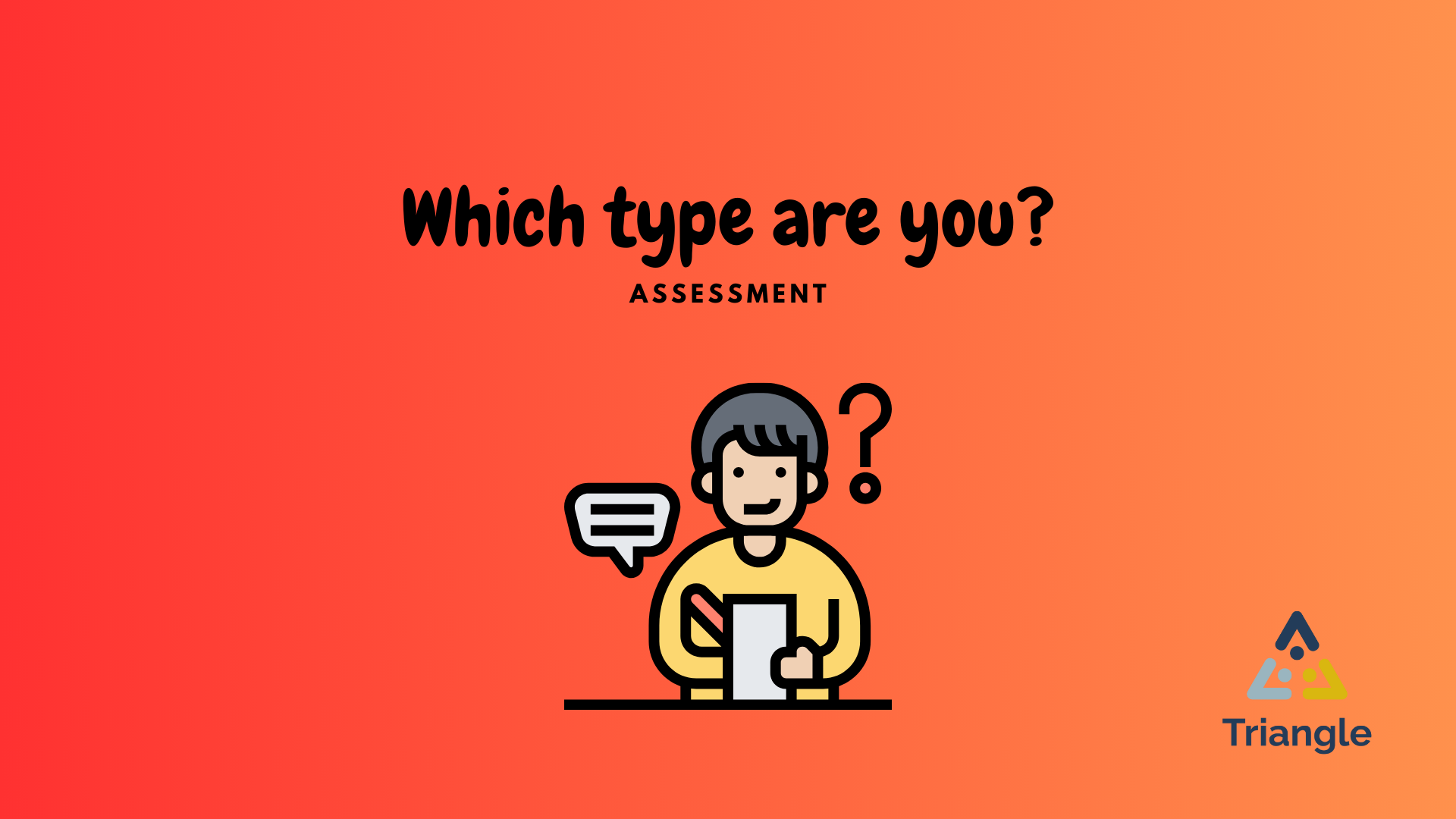Personal characteristics can cause you to experience unhealthy stress. This means that you, with your characteristics and skills, are less able to deal with a certain situation. You experience an unhealthy tension, while someone else in the same situation can be very relaxed. A deadline or organizing a birthday party is a challenge for one, a stressor for the other.
It is just as important how you look at the situation. Your personality plays a major role in this. If unhealthy stress persists for a long time, you consume a source of tension. The situation alone is therefore not decisive when it comes to having more energy than you have. You get exhausted. We call that a burnout. You keep a close eye on your boundaries. Personal characteristics that make you susceptible to burnout:
- You are very involved with a subject, a person or an event.
- It affects you a lot what happens and that costs you (too) much energy
- You can express your feelings badly
- It’s hard to ask for support
- You can’t say no
- You have a less than positive view of your own performance
What is stress?
Stress is a feeling of tension and unrest in the body. Stress scientists also call it a “flight, fear, or fight response.” The level of the stress hormone, cortisol, in the blood is elevated. This is seen as a kind of primal response of humans to survive in the wild nature. These kinds of reactions seem superfluous in the present. In the stress reaction there is a tense feeling such as tense muscles, palpitations, headache, perspiration, shortness of breath, trembling, dizziness, nausea, etc. It is also important that people think a lot, worry and that they sleep poorly. This is a normal reaction under stress but should not last too long.
There is positive and negative stress: Positive stress is the kind of stress associated with an effort or achievement. This can be physical or mental. You are faced with a task such as an exam or a trip. A discharge follows. Negative stress is frustrating. Efforts are hindered, it no longer works. There is annoyance, anger and people become demotivated. In the long run, people no longer feel like it, for example heavy and taxing work. For example, the situation is perceived as a personal failure. People start avoiding the situation where the stress occurs and can even become anxious because of it.
The following section discusses some tips that can help reduce stress and tension:
1. RELAX
Can you relax? Sit down and relax: Let go of the tension that often accumulates in your body. Focus your attention on something relaxing like listening to your favorite music, reading a book. Imagine the sound of the waves, a cool wind or the silent forest. Break up the grind of the day with such an exercise. Clear your head. If you succeed, try to take a rest break every day in which you let go of everything and refuel.
2. EAT HEALTHY
Nutrition has to do with how you feel. A feeling of hunger is not pleasant and neither is feeling too full. Eat at regular and fixed times. This way you don’t confuse body rhythms. Limits the intake of many sugars, fats, salt. A healthy diet is limited and varied, with sufficient fruit and vegetables. Refrain from excessive coffee and smoking as much as possible, no matter how great the temptation. Food is the fuel for your mind and body, choose the right fuel.
3. KNOW YOUR LIMITS
We and other people quickly cross each other’s boundaries: do we set too high goals for ourselves, does the boss ask too much, have we had enough, etc. Learn to recognize them and experience what you do and don’t want. Talk about it with others. Boundaries are easily crossed. When other people ask too much of us, we are overloaded, which causes tension and stress. Most tension arises from the demands we make of ourselves: must, perform, perfection, etc. Protect yourself by saying “no” when necessary. This is called assertiveness. Everyone has their limits, get to know them and respect them.
4. FIND A FRIEND
Friends and acquaintances are essential for good mental health. Man is a “social animal” and needs some group. You then have mirroring and confirmation to the other. This strengthens your self-confidence and your personal growth. Expressing feelings and thoughts to a person we trust makes it clear to us what we are and what we want. If you feel like you’re trapped, get out.
5. MOVE
The body must be kept active, fit and flexible, otherwise tensions can accumulate. Minimum effort is half an hour of submaximal effort, such as cycling or running, twice a week. Muscles need to contract and relax. It is also a distraction to the mind. Fifteen minutes of walking during the day stimulates the entire blood circulation, takes little effort and you immediately feel a lot better.
6. CHANGE
Adapt to changes in your environment. If you don’t know how, get creative and try something. Look for new opportunities if you notice that you are not making progress with what you are doing. Circumstances in our lives are constantly changing. Sticking to the same pattern of action makes you rigid and creates tension. Try to be flexible, bend yourself. This is how we can adapt, grow and get better. In this way we get closer to the person we want to be and we can make the most of our abilities. Don’t delay and do it now.
7. EXPRESS FEELINGS
Try to express the feelings you have. Speak it out. Anger: I’m angry! Happy: I’m happy! Say it, and it’ll clear up. Everyone feels unwell from time to time and has a period of gloom in his or her life, that’s normal. You don’t have to hide this. Also pay attention to the tensions in your body: do you want to fight or flee? Where do tensions accumulate in your body: tension in your head or neck, intestinal cramps, stuffy or lethargic? It’s a natural response from your body, don’t deny them. Pay attention to the signals, they teach you more about yourself. Next time you will recognize them more easily and deal with them better.
8. CHECK THOUGHTS
Our thoughts are made up of assumptions. It is an interpretation of the “reality” outside of us. In other words: you can look at things as you please. Try to observe yourself and check whether the thoughts about something, someone or yourself are correct. can you also look at it differently, for example a little more positively? Look for positive things instead of negative ones, such as: the glass is half full instead of: half empty! Did the person who bothered you mean it that way? Was that fight worth it? We often think we can read other people’s thoughts and make certain assumptions. Dare to ask if what you think is correct. Check! You can think what you want!
9. REST
Get a good night’s sleep. Your brain has to process everything. The day and night rhythm is determined by nature and the celestial bodies around us. We have to stay in harmony with this in order not to get a jet-lag feeling, for example. This is just one of the many bio-rhythms that we are subconsciously subject to and can derail if we deviate too much from it. The bow can’t stay tight all the time.







